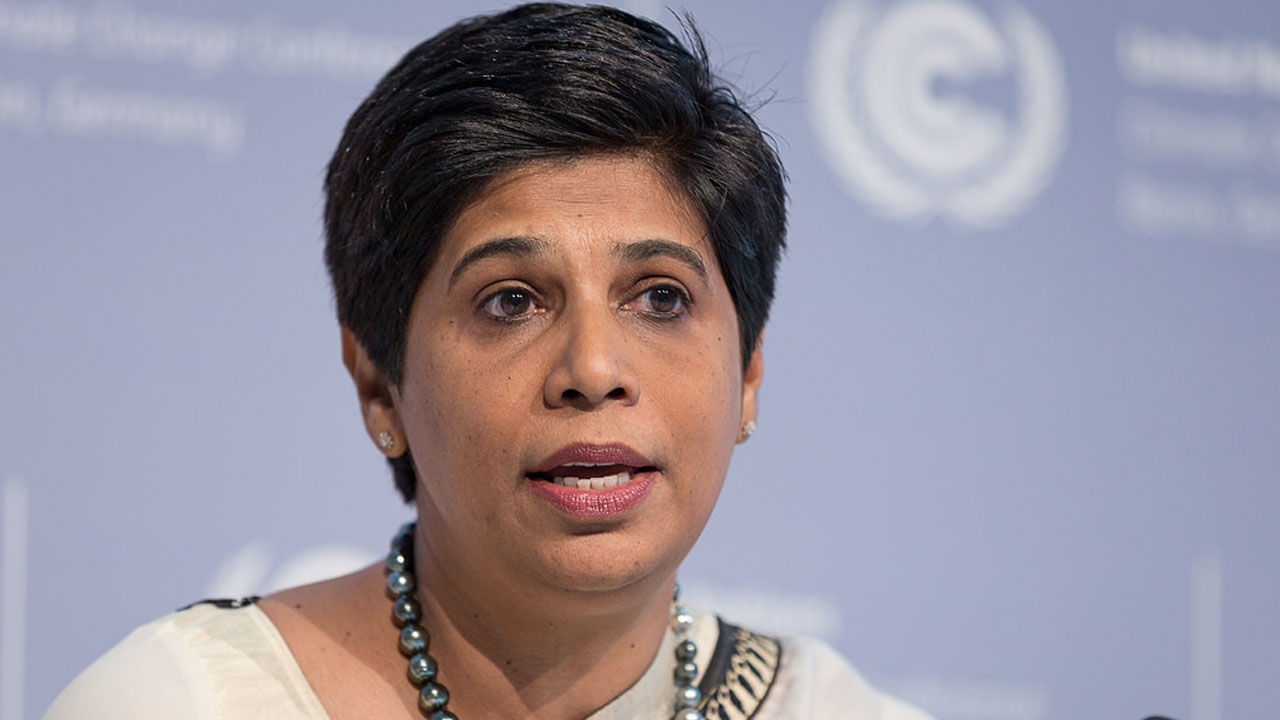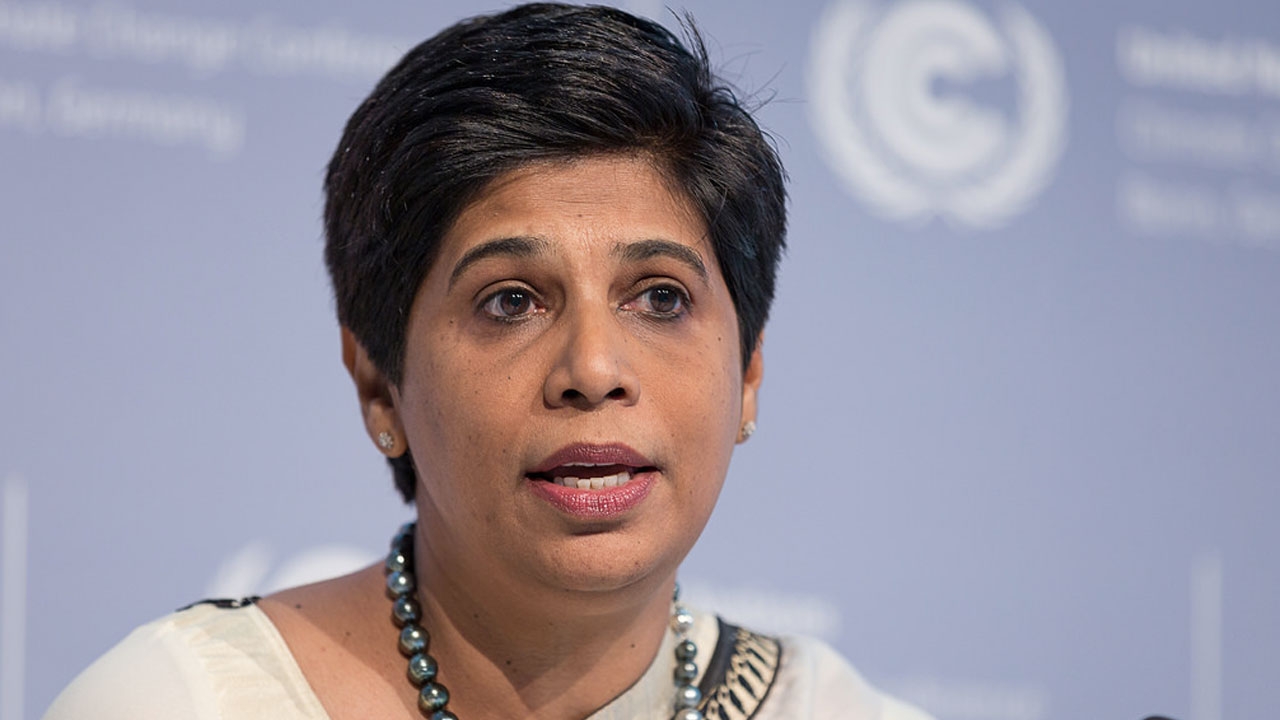A vote at the United Nations Human Rights Council this week could resolve a stalemate over the body’s Presidency between candidates from Fiji, Bahrain and Uzbekistan.
Russia and China continue to oppose the candidacy of Fiji’s Nazhat Shameem Khan, reports Reuters.
Usually the presidency, which is held for a year, rotates between regions and is agreed by consensus. However the deadlock means when the council resumes its work this week, it will be without a president for the first time in its 15-year history.
The impasse comes as Joe Biden prepares to take over the Presidency of the United States of America, a factor which Marc Limon of the Universal Rights Group think-tank has told Reuters, is influencing the matter.
“Neither China nor Russia want a human rights-friendly country to hold the presidency in a year where the U.S. will probably re-engage with the council,” he said.
Oman, last year’s Asia-Pacific group coordinator, has failed to resolve the matter via a secret ballot, after Qatari opposed the plan reports Reuters.
While the US and Australian Ambassadors to Fiji have declined to make their position on the vote known, beyond the US saying it was “deeply committed to supporting human rights,” the Pacific Community’s (SPC) Human Rights and Social Development division has said Fiji’s ascension to the presidency would be “an opportunity for the Pacific to demonstrate its leadership and progress on human rigts in both words and actions.”
“Having Fiji as President (and noting that the Republic of Marshall Islands was recently elected to the Council) will be a significant opportunity for the Pacific to lead and guide deliberations on key human rights issues for the region, such as climate change and gender-based violence and gender equality more broadly,” the SPC says.

